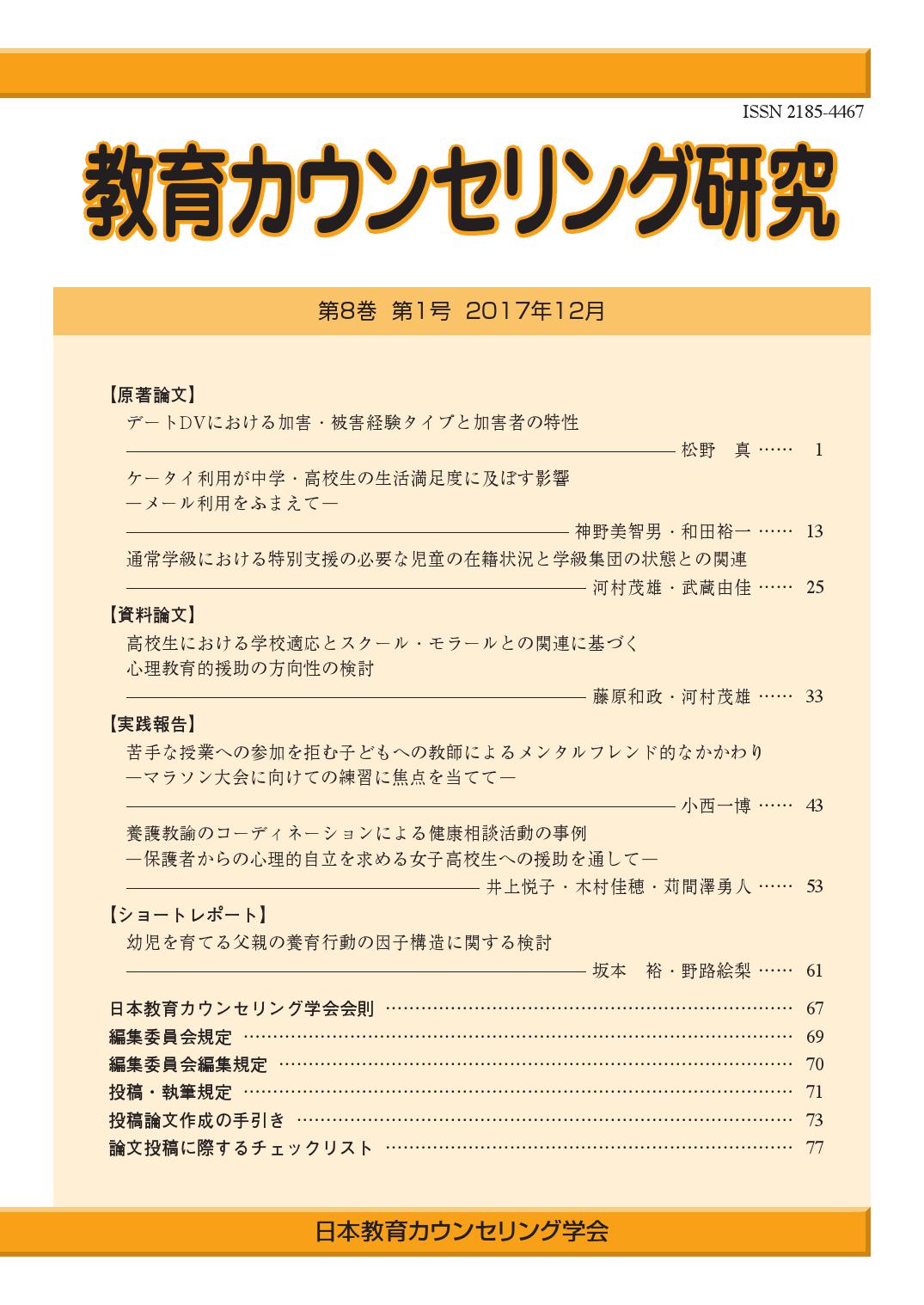Volume 8, Issue 1
Displaying 1-5 of 5 articles from this issue
- |<
- <
- 1
- >
- >|
-
2017Volume 8Issue 1 Pages 1-11
Published: 2017
Released on J-STAGE: September 25, 2018
Download PDF (544K) -
2017Volume 8Issue 1 Pages 13-24
Published: 2017
Released on J-STAGE: September 25, 2018
Download PDF (561K) -
2017Volume 8Issue 1 Pages 25-31
Published: 2017
Released on J-STAGE: September 25, 2018
Download PDF (442K) -
2017Volume 8Issue 1 Pages 43-51
Published: 2017
Released on J-STAGE: September 25, 2018
Download PDF (653K) -
2017Volume 8Issue 1 Pages 61-66
Published: 2017
Released on J-STAGE: September 25, 2018
Download PDF (511K)
- |<
- <
- 1
- >
- >|
